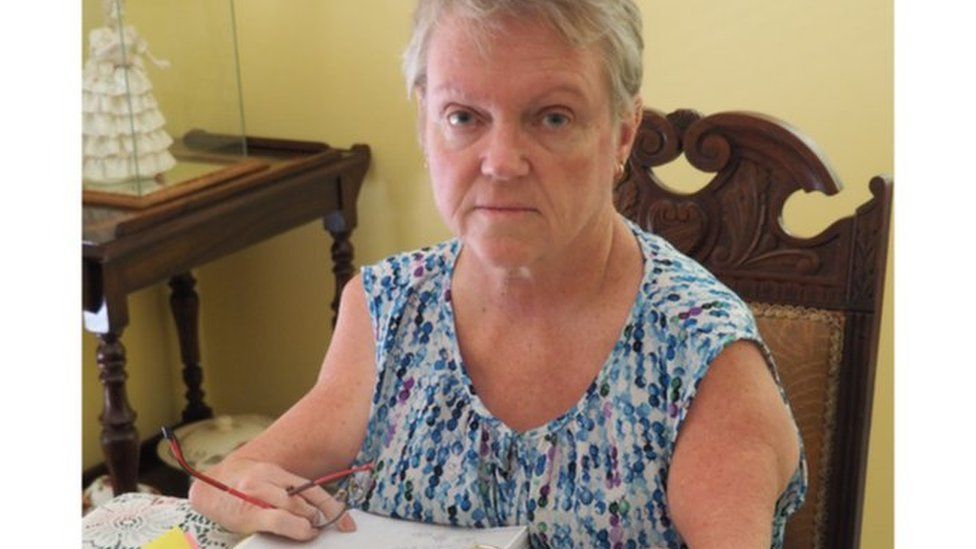-

-
-
Loading

Loading

Australia's prime minister has issued a national apology to the survivors and families affected by the thalidomide scandal. The apology comes more than 60 years after the morning sickness drug caused birth defects in babies worldwide. Anthony Albanese, the prime minister, described the scandal as one of the darkest chapters in Australia's medical history during his address to parliament. This is the first time the government has admitted its role in the tragedy. Albanese expressed deep remorse for the pain endured by the survivors, acknowledging the lasting impact of thalidomide on their lives. Although the exact number of affected people in Australia is unknown, over 140 survivors have registered for financial support since 2020. A report from 2019 revealed that 20% of thalidomide cases in Australia could have been prevented if action had been taken earlier. Survivor Trish Jackson, 61, hopes the apology will bring some peace to affected families, although she believes it should have been made years ago while parents and mothers were still alive. Thalidomide originally served as a sedative, but it gained global popularity as a morning sickness remedy. However, the increase in usage led to a rise in reports of birth defects, particularly limb deformities. An Australian report in The Lancet medical journal in 1961 was the first to warn the world about the dangers of thalidomide, resulting in its removal from the market. By then, an estimated 10,000 babies around the world had been born with disabilities. For years, survivors have fought for recognition of the wrongdoing and compensation. Canada implemented financial assistance for survivors in 1991, and the UK issued a national apology in 2010. Only after a significant Senate inquiry in 2019 did Australia take action to support survivors through a financial scheme. The scheme initially offered a one-time payment of up to A$500,000 ($332,000; £261,000) and subsequent annual payments ranging from A$5,000 to A$60,000. While the program was temporarily closed to new applicants, Mr Albanese has now reopened it to ensure that anyone who may have missed the previous opportunity to apply receives the necessary support.